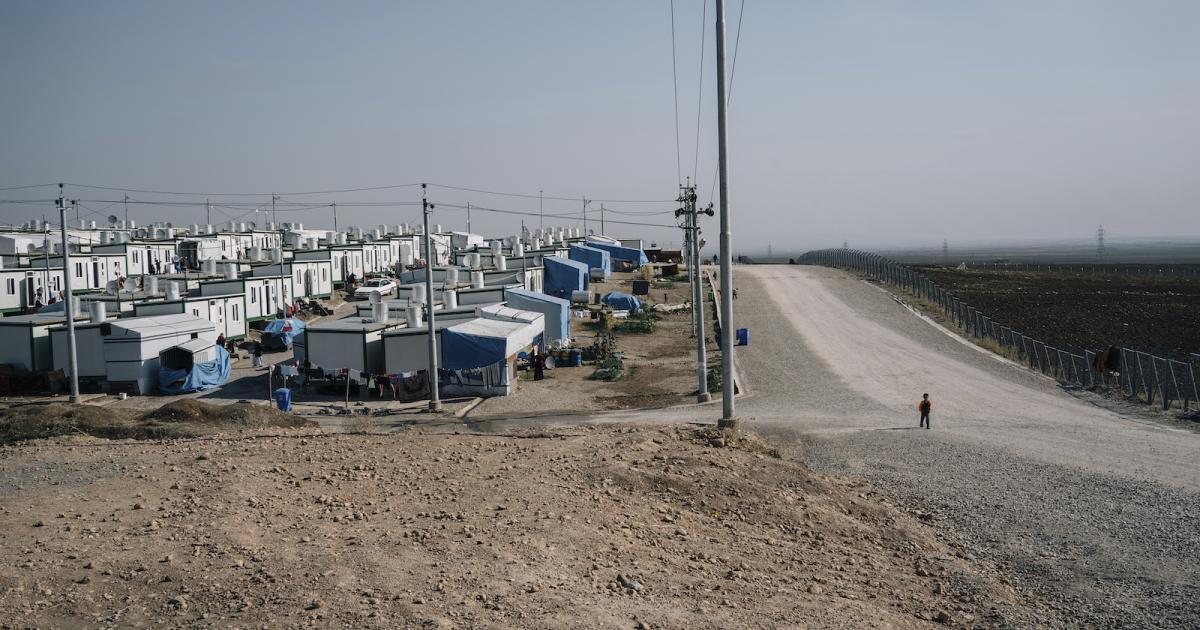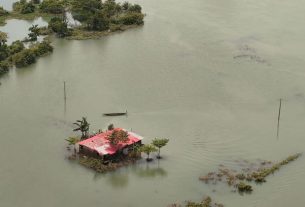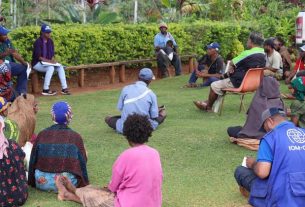Salim, 42, lost everything when fighters from the Islamic State (ISIS) stormed his village in the Sinjar district of Iraq in 2014. “We used to have a farm, but ISIS destroyed it,” he told Human Rights Watch. “They damaged my home and stole all of my furniture.” Since returning to his village in 2016, he has struggled to get back on his feet and support his family.
Salim is entitled to compensation under Iraqi Law No. 20, which allows all Iraqis to claim compensation for damages incurred during “war operations, military mistakes, and terrorist operations;” but obtaining compensation is an uphill battle. An ongoing political dispute between the federal government and the Kurdish Regional Government over governance of the district; an application process that is complicated and expensive; and a failure by Iraqi authorities to distribute allocated funds have created a perfect storm, which has left many Sinjaris in a state of limbo, unable to reclaim their lives and property.
While almost half of the 10,500 applications filed by Sinjaris have been approved, not a single family has yet received a payout under Iraqi Law No.20. This stands in stark contrast to other areas of Iraq, which have all seen at least some compensation awarded.
Around 200,000 Sinjaris remain displaced following years of conflict. Many are living in camps and are hoping that compensation might offer them a route out. But despite the scale of the need, the only Sinjaris to receive compensation have been a small number of Yazidis, a religious minority that were subjected to major abuses by ISIS in Sinjar. Surviving Yazidis were able to apply under the Yazidi Survivors Law, an avenue not available to most Sinjaris.
For Salim, the outlook is grim. He was eligible to file a claim in 2021, but has only recently started working on his application because he couldn’t previously afford the fees or associated costs of applying. He still doesn’t know if he will complete the application. “Given that it will require time and money, I’m not sure if I’ll finish it,” he said.
For Sinjaris like Salim, compensation would be a critical lifeline in piecing together lives torn apart by conflict. The Iraqi government should urgently address bottlenecks in the compensation process and provide the necessary support that Sinjaris need to begin rebuilding their lives.



